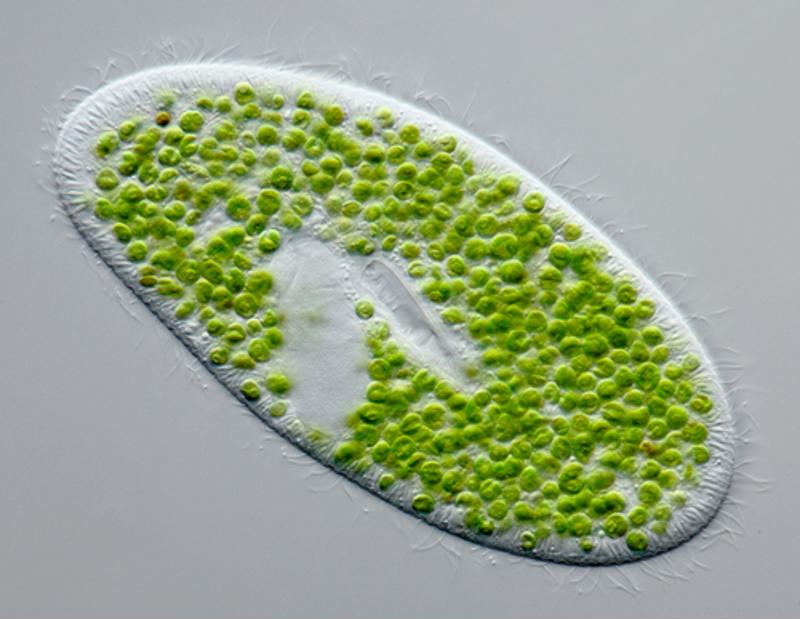A law firm recently announced it has filed a securities class action suit against a biotechnology firm, alleging that the company violated the Securities Exchange Act of 1934 and/or the Securities Act of 1933.
The class action suit was filed in the United States District Court for the Northern District of California on behalf of investors who purchased shares in Solazyme, Inc., during the designated class period between Feb. 27, 2014 and Nov. 5, 2014. This includes any purchases traceable to the firm’s two registered public offerings on March 27, 2015. The company specializes in using microalgae to create new, sustainable products. The oils and ingredients produced by Solazyme are used in foods, home goods, personal care items and industrial products.
 Solazyme specializes in producing sustainable goods from microalgae.
Solazyme specializes in producing sustainable goods from microalgae.Solazyme’s Moema facility wrought with issues
The biotechnology company, and some of its officers, directors and underwriters, were, in the complaint, charged with violating federal securities laws. The class action suit alleges that during the class period, as well as in the registration statements and prospectuses for the company’s offerings, Solazyme made materially false and misleading statements and/or failed to disclose important information about the construction progress, development and production capacity of its renewable oils production facility in Moema, Brazil.
In particular, the alleged false and misleading statements apparently failed to document construction delays at the Moema facility caused by lacking access to electricity and steam utility services. These issues, the claim notes, prevented Solazyme’s Brazil facility from scaling its capacity production as previously thought. Because of this, the suit alleges that shares in the biotechnology company traded at artificially inflated prices during the class period.
“The suit alleges the biotechnology company traded at artificially inflated prices.”
Public offerings fail to make note of Moema delays
The allegedly false and misleading statements began in March 2014. Solazyme filed a registration statement for its offerings with the SEC on March 25, and amended it the following day to register $12.75 million more in aggregate maximum principal amount of stock and notes. Then, on March 27, the company filed a prospectus in connection with offering of $149.5 million in convertible notes paying 5% interest with a 2019 scheduled maturation. The same day, the company filed a prospectus for the offering of 5.75 million shares of stock at $11 per share. The aggregate gross proceeds totaled around $63.25 million.
News of problems in Brazil impact share prices
A couple months later, on May 5, 2014, Solazyme reported operational results for the first quarter of the year. The CEO explained while on a related conference call that the Moema facility was “experiencing intermittent power and steam availability,” despite previously making contrary statements, according to a press release detailing the class action complaint. This led the location to fail to produce its first commercial product.
Further into the year, after the markets closed on Nov. 5, 2014, the biotechnology company acknowledged the significant delays and subsequent issues at the Moema facility. The same day, Solazyme revealed for the first time that it would be shifting focus to producing smaller volumes of higher value products at the Moema location. The company also noted it would begin “prioritizing cash management and product margin over a rapid capacity ramp,” a press release on the filing noted.
On news of the issues at the Moema facility, the price of stock in Solazyme dropped $4.35 per share, or 58 percent, to close at $3.14 per share on Nov. 6. The following day, the market price of the biotechnology firm’s notes fell by $235.00 per note – or 30 percent – to close at $540.00 per note.
